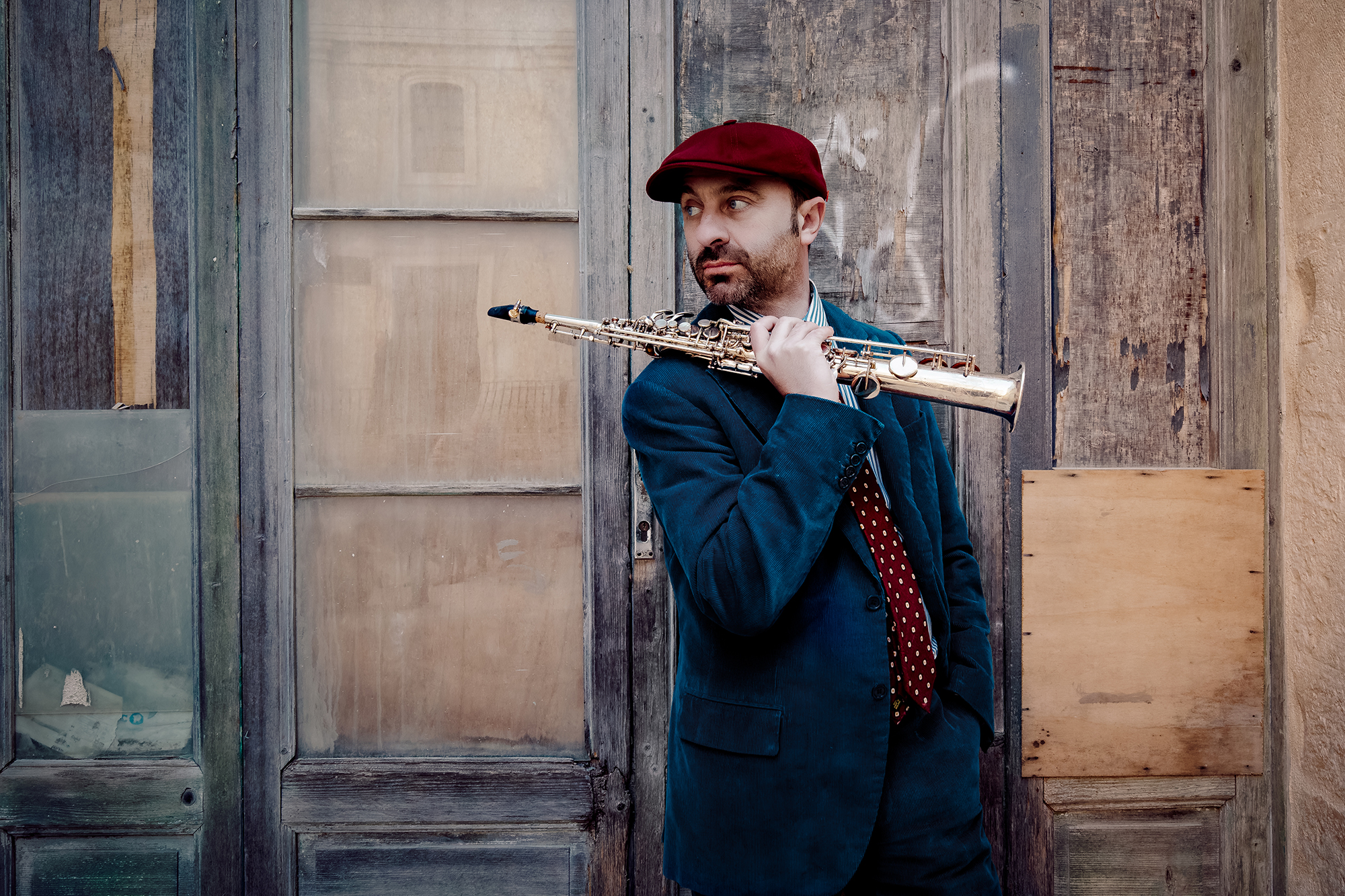Film music has been described as the defining new genre of classical music in the twentieth century. It engages both the ear and the heart of an audience. The masterpieces composed by two Italian film composers in particular, Nino Rota and Ennio Morricone, embody the cultural identity of most Italians and they have become recognised and loved by audiences around the world. The film themes in this album capture the magical combination of romance, melancholy, friendship, and violence. The notes vibrate with such passion that the compositions continue to engage the listener, bringing the work of these great Italian composers to life wherever and whenever it is performed.
In 2002, on Christmas Eve, I had the pleasure of attending an intimate gathering at the home of the conductor Riccardo Muti. Among the guests was the one and only Ennio Morricone. I was thrilled to have an opportunity to converse with the legendary composer, about him and music. His art has always fascinated me, particularly his powerful melodies which speak straight to the heart. Morricone described his soundtracks as the soul of the films, as they are the elements that heighten the viewer’s empathy with the emotions of the characters on screen. And so, when Chandos Records asked me to record an album of well-known and expressive compositions, my thoughts went immediately to that Christmas Eve with Morricone and to his timeless melodies, music that has accompanied me all my life.
The music of Nino Rota has a profoundly Mediterranean flavour, with infusions of traditional motifs and rhythms; it is a melting- pot of classical music, opera, and popular music. I never met Rota in person, but I am fortunate to have had the opportunity to visit the library of the Fondazione Cini, in Venice, where I studied the composer’s archive of original manuscripts and the handwritten annotations that Rota and Francis Ford Coppola made while filming The Godfather. I feel connected to this music; in Fellini’s masterpiece Amarcord Rota represents my childhood, my people, and my region. The score recalls the land of Romagna where I grew up and, with my family, still live. What is amazing is that Fellini gave Rota only a few simple suggestions about what he wanted for the soundtrack of Amarcord: ‘make a happy but sad motif, an old-fashioned motif but new, a carefree but pathetic motif’; and somehow Rota created exactly that.
I recorded this album in collaboration with the Roma Sinfonietta – the same orchestra that Ennio Morricone used to record his greatest film scores – in order to achieve the same orchestral sound and colours as the original soundtracks. We also hired the historic Forum Studios, in Rome, where many of the best scores of Italian cinema were recorded. For this recording project, we needed versions of these magnificent pieces that would be simpler than the original large symphonic orchestrations and therefore sought reductions for performance by a chamber-sized string orchestra, with piano and solo soprano saxophone. Luckily, as soloist and the only wind player, I am able to use the versatile sound of the soprano saxophone in lieu of the original solo instrument, whether it be an oboe, a clarinet, a flute, or even a cor anglais.
Film music is meant to be an accompaniment to the action on screen. However, the music of the great Italian composers is so powerful and enduring that these melodies can stand on their own merit, transporting us to another time and place, evoking memories of past experiences or introducing us to new worlds, places which we can only see in our imagination. This album is a tribute to the Italian spirit, to my spirit, expressed through a musical journey: it offers Postcards from Italy.
© 2023 Marco Albonetti
